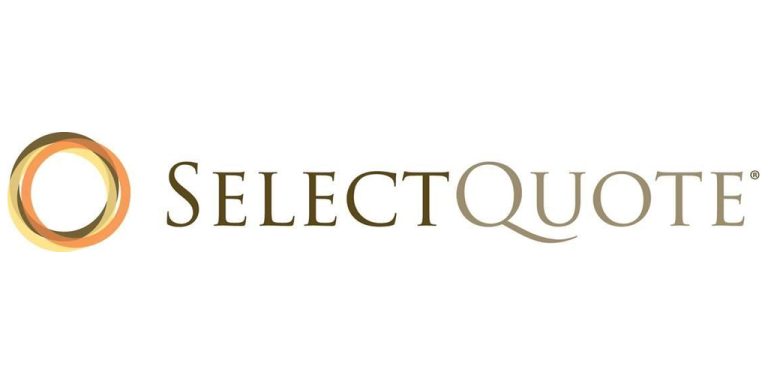Insurance for a sole trader is an essential aspect of running a successful business. As a sole trader, you are personally liable for all aspects of your business, including any debts or legal claims. Insurance can provide you with financial protection in the event of an unexpected incident, such as a fire, theft, or accident. In this comprehensive guide, we will explore the various types of insurance available to sole traders and provide you with the information you need to make informed decisions about your insurance needs.
Contents
Why is Insurance Important for Sole Traders?
As a sole trader, you are personally responsible for all aspects of your business. This means that you are liable for any debts or legal claims that your business may incur. Insurance can provide you with financial protection in the event of an unexpected incident, such as a fire, theft, or accident. Without insurance, you could be forced to pay for these expenses out of your own pocket, which could have a devastating impact on your finances.
Types of Insurance for Sole Traders
There are a variety of insurance policies available to sole traders. The specific types of insurance that you need will depend on the nature of your business and the risks that you face. Some of the most common types of insurance for sole traders include:
- Public Liability Insurance
Public liability insurance protects you against claims made by third parties for injury or damage caused by your business activities. For example, if a customer slips and falls in your shop, they could sue you for compensation. Public liability insurance would cover the cost of any legal fees and compensation that you may have to pay.
- Professional Indemnity Insurance
Professional indemnity insurance protects you against claims made by clients for financial loss caused by your professional negligence. For example, if you are an accountant and you make a mistake in a client’s tax return, they could sue you for the cost of any penalties or interest that they have to pay. Professional indemnity insurance would cover the cost of any legal fees and compensation that you may have to pay.
- Employers’ Liability Insurance
If you employ anyone, even on a casual basis, you are legally required to have employers’ liability insurance. This insurance protects you against claims made by employees for injury or illness caused by their work. For example, if an employee injures their back while lifting a heavy box, they could sue you for compensation. Employers’ liability insurance would cover the cost of any legal fees and compensation that you may have to pay.
- Business Contents Insurance
Business contents insurance covers the cost of replacing or repairing your business equipment, stock, and fixtures in the event of a fire, theft, or other damage. For example, if your shop is burgled and your stock is stolen, business contents insurance would cover the cost of replacing the stolen items.
- Business Interruption Insurance
Business interruption insurance covers your loss of income if your business is unable to operate due to an insured event, such as a fire or flood. This insurance can help you to pay your ongoing expenses, such as rent and salaries, while your business is recovering.
- Personal Accident and Sickness Insurance
Personal accident and sickness insurance provides you with a lump sum payment or a regular income if you are unable to work due to an accident or illness. This insurance can be invaluable if you are self-employed and do not have any other source of income.
Choosing the Right Insurance for Your Business
When choosing insurance for your business, it is important to consider the following factors:
- The nature of your business
The type of insurance that you need will depend on the nature of your business and the risks that you face. For example, if you are a tradesperson who works on construction sites, you will need different insurance than if you are a freelance writer who works from home.
- Your budget
Insurance can be expensive, so it is important to set a budget and stick to it. However, it is also important to make sure that you have adequate cover in place. Don’t be tempted to skimp on insurance just to save money, as this could leave you exposed to financial risk.
- The level of cover
The level of cover that you need will depend on the value of your business assets and the potential financial losses that you could face. It is important to make sure that you have enough cover to protect your business in the event of an unexpected incident.
- The insurer
It is important to choose a reputable insurer with a good track record. You should also compare quotes from different insurers to make sure that you are getting the best possible deal.
Tips for Saving Money on Insurance
There are a number of things that you can do to save money on insurance, including:
- Shop around
Compare quotes from different insurers to make sure that you are getting the best possible deal.
- Increase your excess
The excess is the amount that you have to pay towards a claim. By increasing your excess, you can reduce your premium.
- Pay annually
Paying your premium annually can be cheaper than paying monthly.
- Bundle your policies
Some insurers offer discounts if you take out multiple policies with them.
- Review your policies regularly
Your insurance needs may change over time, so it is important to review your policies regularly to make sure that you have adequate cover in place.
Conclusion
Insurance for a sole trader is an essential investment. It can provide you with financial protection in the event of an unexpected incident and give you peace of mind knowing that your business is protected. When choosing insurance, it is important to consider the nature of your business, your budget, the level of cover, and the insurer. By following these tips, you can find the right insurance for your business at a price that you can afford.
Read More: Insurance as a Sole Trader: Protecting Your Business and Your Future






